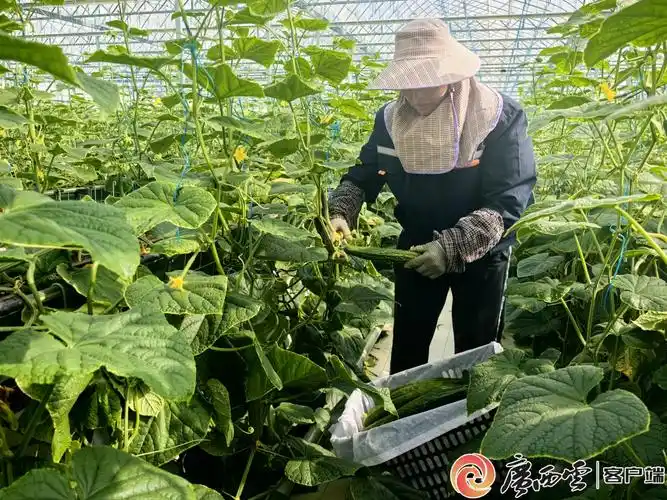A sustainable fertilizer plan focuses on optimizing nutrient use while minimizing environmental impact. Key components include:
Soil Testing: Regular soil analysis to determine nutrient levels and pH, helping tailor fertilizer applications to specific needs.
Nutrient Management: Understanding crop nutrient requirements and applying the right type and amount of fertilizers.
Organic Amendments: Incorporating compost, green manure, and other organic materials to enhance soil fertility and health.
Balancing Nutrient Inputs and Outputs
Balancing nutrient inputs and outputs is crucial for sustainable farming, ensuring that nutrients removed by crops are replenished without excess application:
1. Calculate Crop Nutrient Needs
Yield Goals: Determine nutrient requirements based on expected crop yields.
Soil Tests: Use results to identify nutrient deficiencies or surpluses.
Nutrient Removal: Estimate the nutrients removed by harvested crops to inform replenishment strategies.
2. Optimize Fertilizer Use
- Precision Application: Use techniques like variable rate technology to apply fertilizers where and when they are needed most.
- Split Applications: Apply fertilizers in smaller, more frequent doses to match crop uptake and reduce losses.
3. Reduce Losses
- Erosion Control: Implement practices such as contour farming and buffer strips to minimize nutrient runoff.
- Cover Crops: Use cover crops to capture residual nutrients and prevent leaching.
Long-term Soil Health Strategies
Maintaining long-term soil health is essential for sustainable farming:
1. Build Organic Matter
- Compost and Mulch: Regularly add organic matter to improve soil structure, water retention, and microbial activity.
- Crop Residues: Leave crop residues on the field to decompose and enrich the soil.
2. Promote Biodiversity
- Crop Rotation: Rotate crops to break pest cycles, improve soil structure, and enhance nutrient availability.
- Diverse Plantings: Include a variety of crops and cover crops to support a healthy soil ecosystem.
3. Monitor and Adapt
- Regular Monitoring: Continuously assess soil health through testing and observation.
- Adaptive Management: Adjust practices based on monitoring results and changing conditions.
FAQs
1. Why is a sustainable fertilizer plan important?
A sustainable fertilizer plan optimizes nutrient use, reduces environmental impact, and supports long-term farm productivity and soil health.
2. How can I reduce fertilizer waste?
Use precision application techniques, split applications, and erosion control measures to ensure nutrients are used efficiently and not lost to the environment.
3. What role does organic matter play in soil health?
Organic matter improves soil structure, enhances water retention, supports microbial life, and provides a slow-release source of nutrients.
By creating a sustainable fertilizer plan, farmers can enhance soil fertility, support crop production, and contribute to environmental stewardship. This approach ensures that farming practices are resilient and productive for future generations.






